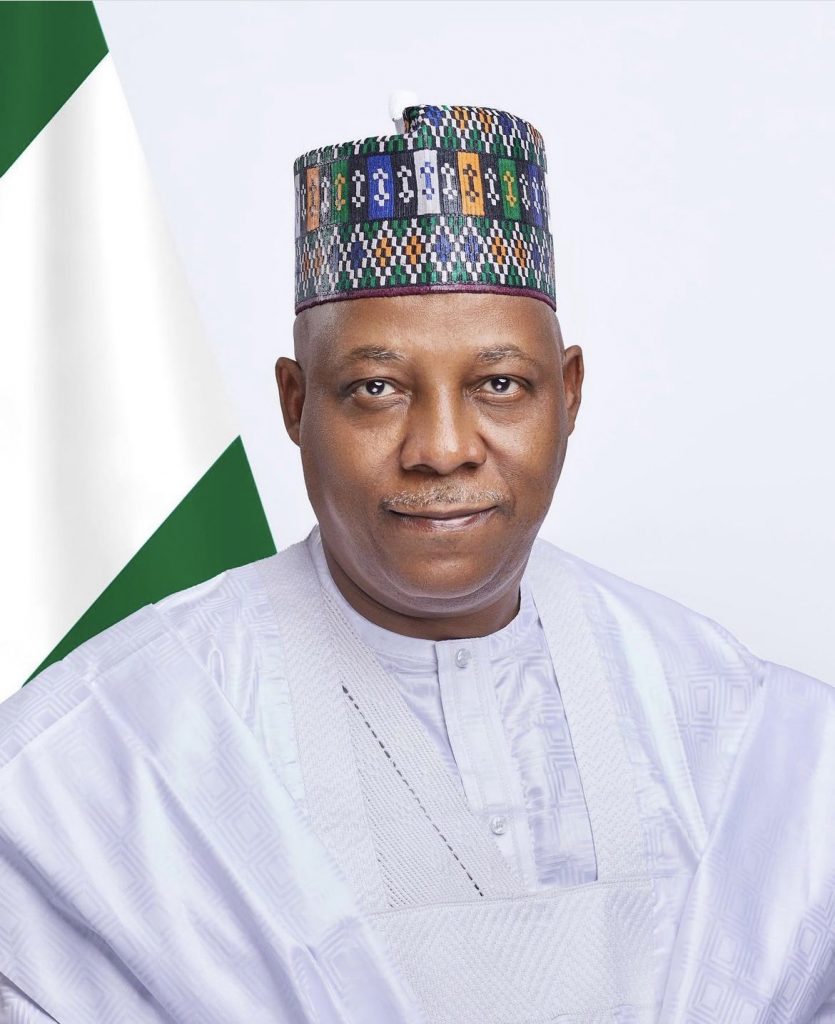The federal government on Tuesday officially launched the Labour Employment and Empowerment Programme (LEEP), an ambitious national initiative designed to create 2.5 million jobs across Nigeria within two years.
Vice President Senator Kashim Shettima, unveiled the programme at the Presidential Villa in Abuja, describing LEEP as a key driver in the Tinubu administration’s Renewed Hope Agenda. The launch signals a renewed federal push to tackle unemployment and reposition the workforce for future economic realities.
Addressing stakeholders at the launch, Shettima said LEEP represents President Bola Ahmed Tinubu’s commitment to building a workforce that is equipped, empowered, and positioned for the evolving labour market.
“LEEP is the fulfilment of the promise made by His Excellency, President Bola Ahmed Tinubu, GCFR, to build a national ecosystem where every Nigerian worker can reach their full potential and where technology enhances, not threatens, our labour market,” the vice president said.
He noted that the programme is tailored to meet both present and future employment needs, with a strong focus on upskilling and reskilling Nigerian citizens to compete in an increasingly digital economy.
“The administration is upskilling and reskilling the citizens in order to prepare them for both jobs that are available and those that are up ahead,” Shettima stated.
He added that the programme is a strategic response to the country’s rising unemployment rate and a practical expression of the government’s promise to provide sustainable livelihoods for Nigerians.
“The national initiative is designed to expand employment opportunities, equip Nigerians with critical skills, and drive economic empowerment through innovation and technology,” he said.
LEEP was first introduced by President Tinubu during his Independence Day address on October 1, 2024. At the time, the President announced that the programme would play a central role in his administration’s labour and economic reform agenda.
With Tuesday’s official launch, the government is expected to roll out detailed implementation plans through the relevant ministries and agencies. These will include mechanisms for citizen participation, private sector collaboration, and state-level coordination.
The programme will also align with broader digital transformation goals and is expected to leverage partnerships with development agencies and training institutions to build a future-ready workforce.





